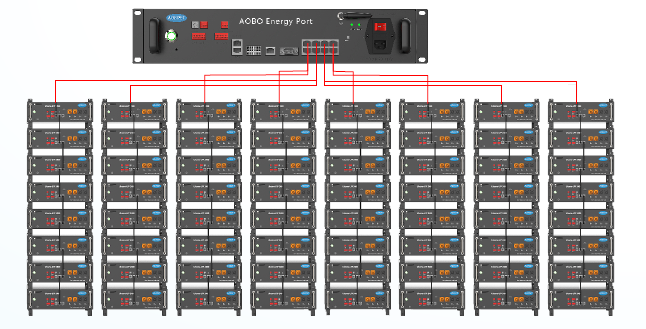
On average, solar panels designed for domestic use produce 250-400 watts, enough to power a household appliance like a refrigerator for an hour.To work out how much electricity a solar panel can produce in one day, you’ll need to multiply the wattage by the hours of sunlight.
The higher the wattage of each panel, the more electricity produced. By combining individual panels into a solar system, you can easily generate enough power to run your entire home.
In 2020, the average American home used 10,715 kilowatt-hours (kWh), or 893 kWh per month.If you want a solar system to power your entire home year-round, you’ll need to install a system that can supply all of these energy needs.
The actual output of each individual solar panel will also depend on a range of factors including your location, local weather conditions, plus the angle and direction that the panels have been installed.
What Are Watts and Kilowatts?
To understand how much electricity a solar panel can produce, we first need to get comfortable with some units of power and energy.
If you’ve been reading about solar panels, you’ll have noticed some specific units being mentioned: watt (W) and kilowatt (kW), plus watt-hours (Wh) and kilowatt-hours (kWh). Watt and kilowatt are units of power, and indicate how much power a solar panel can provide; 1,000 watts (W) = 1 kilowatt (kW).
Watt-hour and kilowatt-hour are units of energy, and are used to show how much work (by work we mean running a light or an air conditioning unit) can be completed in one hour; 1,000 watt-hours (Wh) = 1 kilowatt-hour (kWh).
How Is Solar Panel Output Calculated?
The maximum or peak amount of electricity that can be produced by a solar panel is defined by its wattage. Remember this is measured under standard test conditions (STC) of 77 degrees F, 1 kW of solar radiation per square meter, and no wind. You’ll rarely find these conditions in nature, so expect your solar panel’s output to be a little less than this peak rating provided by the manufacturer.
Once you know the wattage of your solar panel, you can use the following calculation to work out how much electricity your solar panel can produce in one day:
Solar panels watts x average hours of sunlight = daily watt-hours
This calculation relies on you knowing (or being able to estimate) the number of sunlight hours your panel receives. You can either estimate this or use a solar calculator like the National Renewable Energy Lab’s solar resource maps.
Let’s look at some examples:
Your solar panel has a rating of 250 watts, and your home receives six hours of sunshine per day. Multiply 250 x 6, and we can calculate that this panel can produce 1,500 Wh, or 1.5 kWh of electricity per day.
On a cloudy day, solar panels will only generate between 10% and 25% of their normal output.For the same 250-watt panel with six hours of cloudy weather, you may only get 0.15-0.37 kWh of electricity per day.
Upgrade to a 400-watt panel, and with the same amount of sunshine, you would now get 2,400 Wh, or 2.4 kWh of electricity per day. On a cloudy day, the electricity generated may only be 0.24-0.6 kWh per day.
For reference, the average American home uses about 29 kWh per day.Install a solar power system with 20 panels of 250 watts each, and in the same six hours of sunshine, your system will generate 30 kWh, which is just enough to power the average home for one day.






